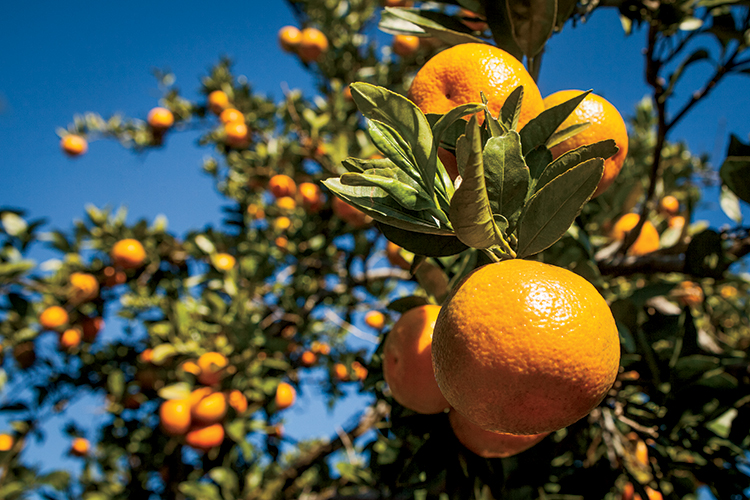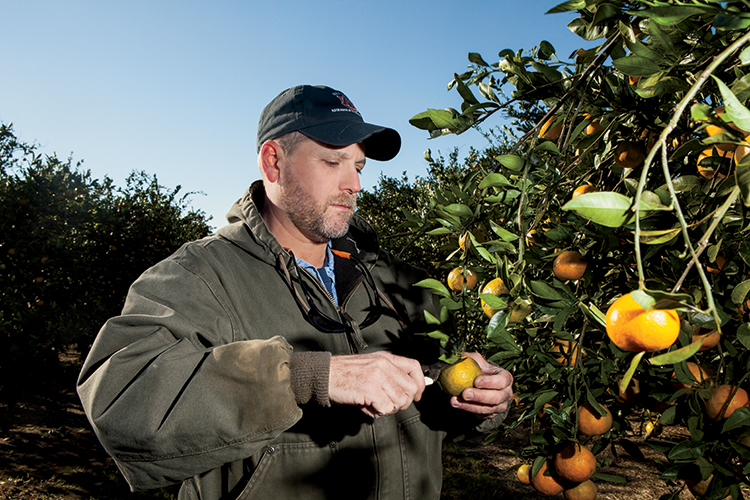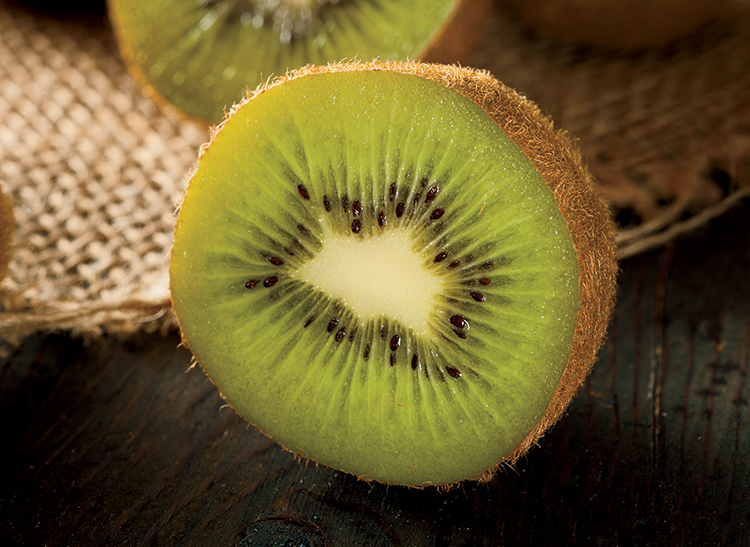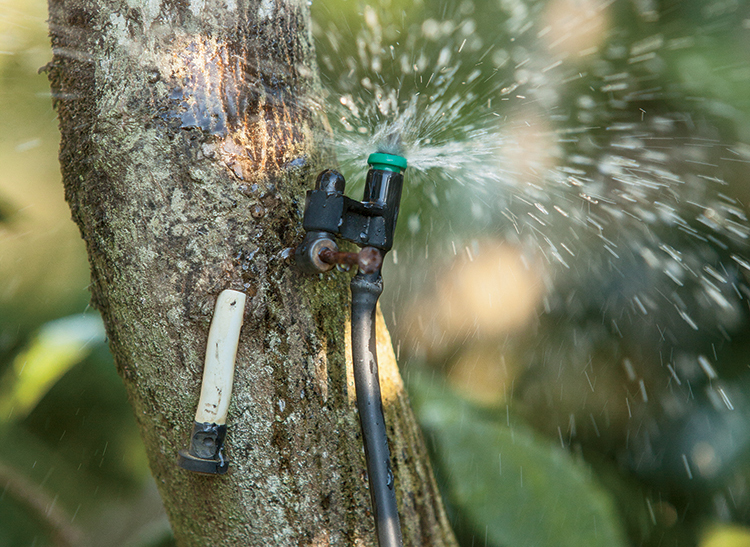Home > Alabama > Alabama Farm to Table > Specialty Treats from Alabama
Specialty Treats from Alabama

For the farmer, diversity is always a good thing, and specialty crops can be a profitable option. Grown on small plots of land, these high-value crops are attracting attention in Alabama. Cutting-edge research from Auburn University and an Alabama Agricultural Experiment Station is making specialty crops easier to grow than ever before.
Already on the market, satsumas, kiwifruit and shiitake mushrooms are proving to be viable specialty crops for state farmers, and highly desirable by health-conscious consumers. Meanwhile, research on Asian pears, jujube, pawpaws, pomegranates and bananas are demonstrating strong potential with the possibility to be commercially grown in the future.

Satsuma Production on the Rise
Similar to an orange, satsumas are easy to peel, very sweet and nutrition-packed with calcium, fiber, potassium and vitamin C. This antioxidant-rich treat is often associated with summer, when in fact, it requires a little cold weather to turn orange and become more flavorful – making satsumas an ideal citrus crop for Alabama’s climate.
In the past, satsuma production was stunted by cold weather, as temperatures in the teens and single-digits would kill the trees. However, Auburn’s research has identified cold-hardy and earlier maturing varieties that beat the freeze. Additionally, researchers have developed a frost protection system that uses a continuous water mist to insulate the trees when temperatures drop. Now, more and more farmers can be found harvesting satsumas in the fall.
“There’s been a lot of growth in satsuma production,” says Malcomb Pegues, director of Auburn University’s Gulf Coast Research and Extension Center. “In fact, we almost had more fruit than we could sell. Locally, they’re very popular, but many consumers don’t know of satsumas up north. This limits where we can move the fruit to.”
Although satsumas may not yet have a presence in the larger chain grocery stores, farmers are finding an outlet for surplus with the Alabama Farm to School program, which has this healthy fruit on the school lunch tray of every child in the state. With continued marketing and educational efforts, satsumas may soon find their way to more markets nationwide.

The Kiwi Revolution
A nutritional powerhouse, and one of the most nutrient-dense fruits in the world, kiwis are packed with vitamin C and are a good source of vitamin E, potassium and fiber – not to mention delicious.
Initially, growers were concerned that the growth climate in Alabama was unfit for kiwi, which is labeled as a subtropical plant. But Jim Pitts, director of the Chilton Research and Extension Center eased their concerns.
“Kiwifruit is no more subtropical than peaches. That was the first lesson we learned when Auburn University began this project,” says Pitts.
In fact, research shows that kiwis need as much as or more chilling than peaches. Not to mention this golden cultivar has demonstrated superior performance in Alabama, according to Pitts.
As a result, Auburn University-patented yellow-fleshed kiwifruit varieties hit the market in 2013. Their smooth skin and sweet flavor quickly won over consumers. Farmers in southeastern Alabama also gained the income potential associated with a promising new specialty crop.

Learning Something New
“The learning curve for growing kiwifruit can be pretty steep,” says Pitts. “It requires a lot of attention and labor throughout the summer and winter.
“Late spring frosts have damaged the crop the past two springs. Even with overhead irrigation, only a low percentage of the crop survived.”
Similarly, many of Alabama’s up-and-coming specialty crops face production concerns that require further research. For example, Asian pears are susceptible to fireblight disease, and jujube and pawpaws are both difficult to propagate.
Yet, considering the impressive results achieved thus far, the future promises a successful specialty crops niche for Alabama farmers.
![Alabama fruit [INFOGRAPHIC]](https://eadn-wc01-4177395.nxedge.io/wp-content/uploads/2020/05/Screen-Shot-2015-02-16-at-3.45.13-PM.png)



